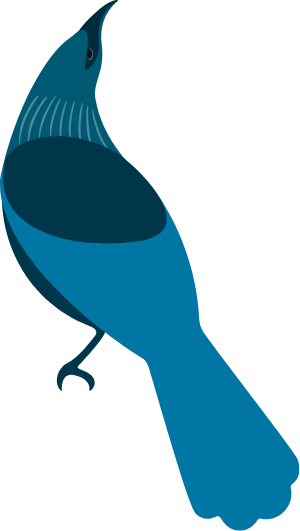
Choosing a school for your child is an important decision for your entire family. In this page we aim to provide you with all you need to know to understand how we approach learning at Titirangi Primary School, to provide you with what you need to know to make an informed decision. We always welcome the opportunity to talk further if you have any questions.

In the Junior School (Year 0-2), we have a largely structured morning of reading, writing and maths. Our Year 0 and 1 teachers have gained structured literacy credentials through the University of Canterbury but also include aspects of whole language learning in their programmes. In the afternoons, students participate in concept learning which includes discovery and developmental play - this might include exploring an environment, discussion or problem-solving.
All children and parents meet with the Principal (or a Deputy Principal) for an enrolment interview and introduction to the school. The children then have 2-3 visits with their classroom teacher before they start school. For our New Entrant classes, the focus is on developing these five domains before formal academic skills are introduced.
The Perceptual Motor Programme (PMP) is a programme of movement activity designed to operate during the first years of formal schooling. It concentrates heavily on the development of perceptions and language through planned activities. By implementing the PMP programme, our school hopes to improve the following areas; balance, working memory spaces, eye tracking, fine and gross motor co-ordination and fitness. PMP aims to allow the children to practise these varying skills in a variety of fun, sequential movement activities. Expected outcomes include positive effects on the children’s learning development e.g. children will be able to sit still for longer periods, follow instructions; motor tasks will become automated and use a pencil with the correct grip.
Learners in Year 3 to 6 develop writing skills through Writer’s Toolbox. Writer’s Toolbox is an educational writing programme designed to help students master writing. In Year 3 and 4 this is largely done through developing a shared understanding of what quality writing looks like. In Year 5 & 6, students learn with the teacher, using scaffolds and are also introduced to an online platform tha gives real-time, individualised feedback at scale: in every topic, for every student, at their most teachable moments.
A classroom environment is created that caters to diverse interests and offers rich play opportunities. Teachers actively seek information about the children’s interests in their class and include this in teaching programmes. If teachers identify that a student is struggling they will liaise with the whānau, the school’s Learning Support Co-ordinator and the SENCO. We offer a range of supports and interventions including Nessy for reading support, small group withdrawal lessons, extension programmes and if necessary, referral to external agencies. We encourage caregivers to get in touch if they are worried or have questions about a child’s progress.
We use an integrated learning approach where there is a science, social science, arts or technology focus with other curriculum areas weaved in as relevant. TPS has developed an inquiry process where students pose questions they are wondering/curious about related to the current concept, then use their research skills to investigate and find answers. Students can develop their passions and interests through cultural activities, sports, Education Outside of the classroom (EOTC).
Every class starts the day with karakia, waiata and pepeha. Students learn about te reo Māori and tikanga using Te PUna Reo Māori. Classroom teachers provide the learning through units of work that get progressively harder as students move through the school, as well as integrating te ro vocabulary and concepts into other learning areas. We have an enthusiastic, proud and engaged Kapa Haka group that performs throughout the year.
As with new entrants, every child has an enrolment interview and introduction to the school. We find that children settle very quickly into our school life.
If you are interested in exploring Titirangi Primary School for your child, please contact us to arrange a face-to-face meeting. All school conact details are at the bottom of all school website pages.